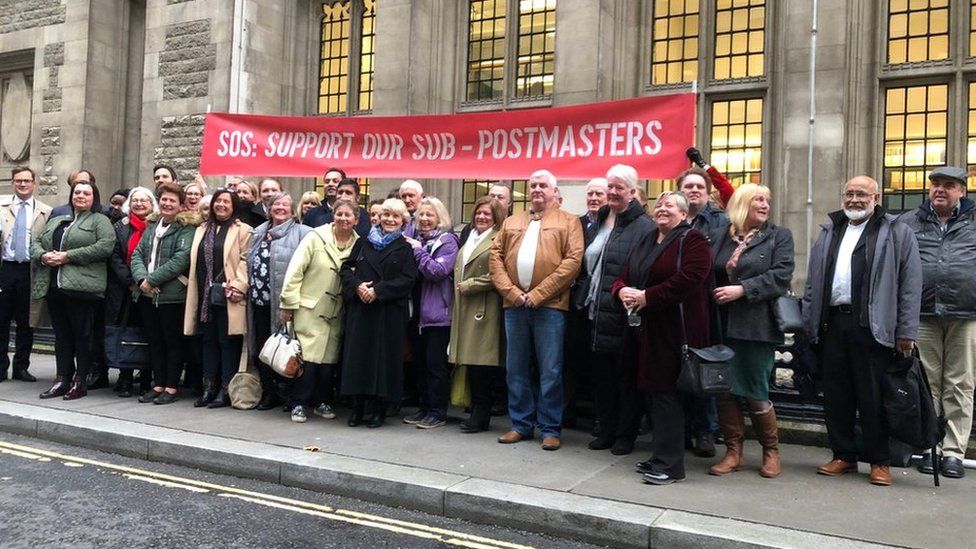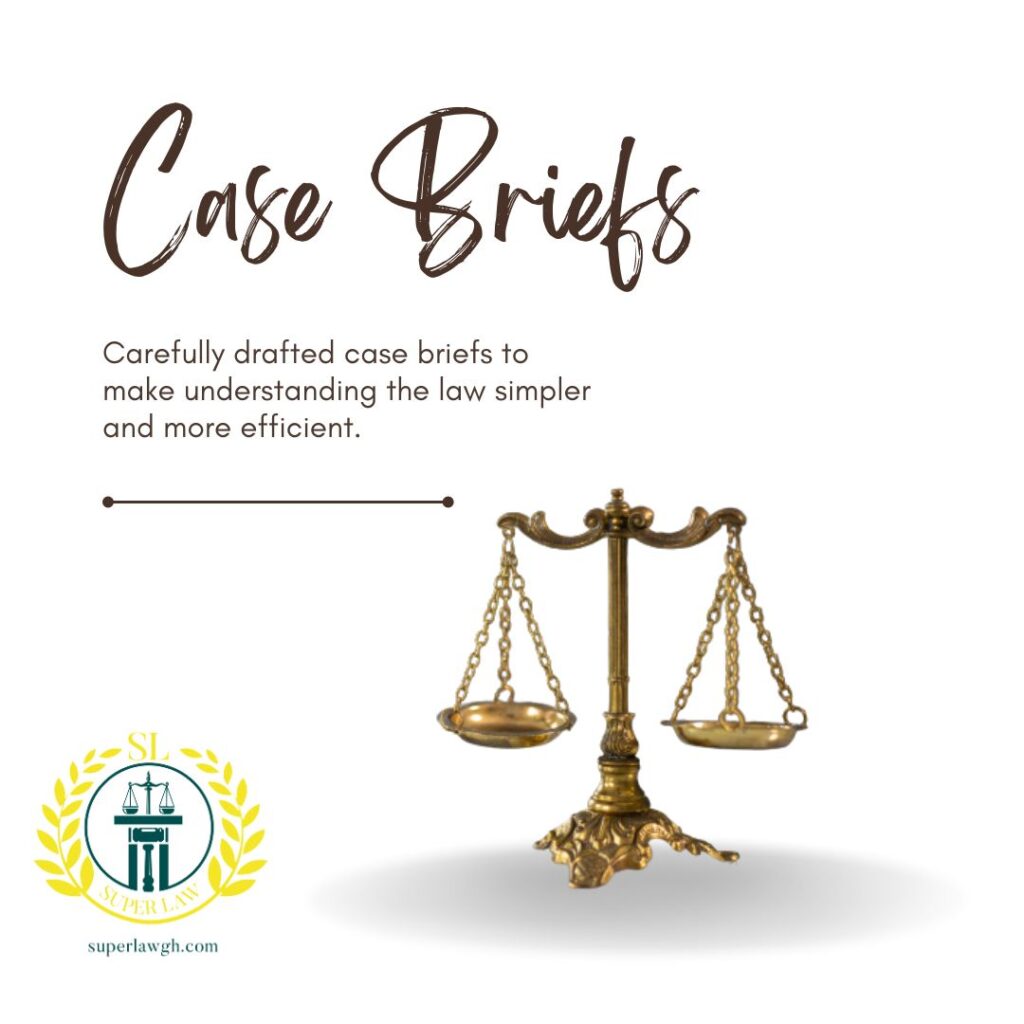Post Office scandal explained: What the Horizon saga is all about

More than 900 workers were prosecuted after faulty software wrongly made it look like money was missing.
Their case is in the spotlight following the ITV drama Mr Bates vs the Post Office.
What is the Post Office scandal?
Between 1999 and 2015, the Post Office prosecuted 700 sub-postmasters and sub-postmistresses – an average of one a week – based on information from a computer system called Horizon. Some 283 more cases were brought by other bodies including the Crown Prosecution Service.
Many maintained their innocence and said they had repeatedly raised issues about problems with the software. But some went to prison for false accounting and theft. Many were financially ruined.
After 20 years, campaigners won a legal battle to have their cases reconsidered. But to date only 93 convictions have been overturned. A public inquiry began in February 2021, but many victims are still fighting to have their convictions overturned, or to secure full compensation.
The Metropolitan Police is investigating the Post Office over potential fraud offences arising from the prosecutions.
What is the Horizon system?
Horizon was introduced by the Post Office in 1999. The system was developed by the Japanese company Fujitsu, for tasks like accounting and stocktaking.
Sub-postmasters complained about bugs in the system after it falsely reported shortfalls – often for many thousands of pounds.
Some attempted to plug the gap with their own money, as their contracts stated they were responsible for any shortfalls. Many faced bankruptcy or lost their livelihoods as a result.
The Horizon system is still used by the Post Office, which describes the latest version as “robust”.
What was the effect on Post Office workers?
Many former sub-postmasters and postmistresses have described how the scandal ruined their lives.
They had to cope with the long-term impact of a criminal conviction and imprisonment.
Marriages broke down, and some families believe the stress led to health conditions, addiction and premature deaths.
What has the government said it will do?
Under Mr Sunak’s plans, victims will be able to sign a form to say they are innocent, in order to have their convictions overturned and claim compensation.
The government is considering whether to include the small number of cases that have already been considered by the Court of Appeal.
Mr Sunak said the 555 former postmasters who brought a group lawsuit will be offered an upfront payment of £75,000. Post Office minister Kevin Hollinrake told MPs the decision to use legislation was not taken lightly, adding there was a risk “we end up with unjust acquittals instead of unjust convictions”. “We recognise this is an exceptional step, but these are exceptional circumstances,” he said. Downing Street also said it will work with Scotland and Northern Ireland to ensure the victims wrongly accused in those nations can also be cleared.
Alan Bates – who inspired the ITV drama – welcomed the announcement as “another positive step forward”. But he insisted more still needed to be done to ensure all those affected by the scandal receive adequate compensation – especially those with claims worth more than £75,000.
What were the existing compensation arrangements?
The government previously said that Post Office workers who had wrongful convictions for theft and false accounting overturned would be offered £600,000 each.
However, there has been concern that the process of getting compensation to victims has been far too slow.
Of the 93 convictions that have been overturned, only 30 of those people have agreed “full and final settlements”.
In its last annual report, published in December 2023, the Post Office said it had halved the size of the compensation pot it had set aside, based on its “best estimate” of future claims.
Some 54 cases have resulted in convictions being upheld, people being refused permission to appeal, or people withdrawing from the process, according to the Post Office.
The amount of payments for full and final compensation paid out to victims stands at £17.3m.
Why have Paula Vennells and Ed Davey been criticised?
The former Post Office chief executive Paula Vennells said she would hand back her CBE after a petition calling for its removal gathered more than a million signatures.
Lib Dem leader Sir Ed Davey has also faced pressure over his handling of the scandal, when he was postal affairs minister in the coalition government.
In May 2010, he refused to meet Alan Bates, the sub-postmaster who led the campaign to expose the scandal, saying he did not believe it “would serve any purpose”. The pair later met in October 2010.
Mr Davey recently said he regretted not asking “tougher questions” of Post Office managers, describing what had happened as “dreadful”.

